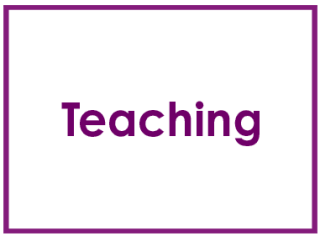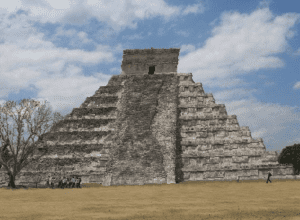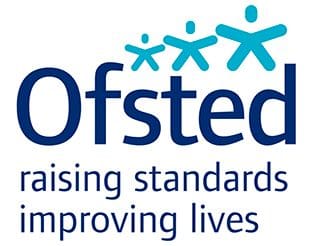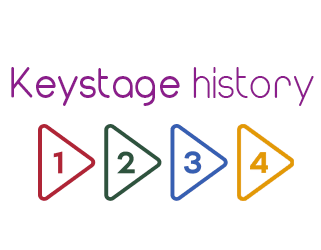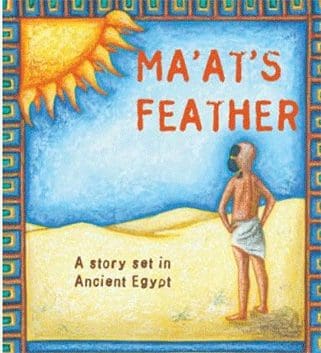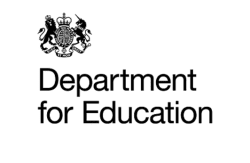
While you weep at the demise of the teaching of fronted adverbials! ( ha, ha) you will take comfort in the fact that the government’s review of the curriculum does not mess too much with the existing programmes of study for history. Yes there is explicit reference to the teaching of the Holocaust and the Second World War, but without making history compulsory at GCSE level it is difficult to see how that would be mandatory. And teaching the Holocaust is already part of the KS3 curriculum!
At primary level we are told that teachers do not want a radical overhaul of subject content but just a clearer steer as to how to make the curriculum more diverse without distorting it. Amen to that. Some of you will remember that Starmer very quickly pulled stumps on the work of a group investigating ways of providing a diverse history curriculum. Its workings, in the shape of a promised fully resourced diverse history curriculum, never saw the light of day. That’s a pity as once again we are asked to make the history curriculum more diverse without practical examples and illustrations of best practice in teaching new material.
As the secretary to Charles I once wrote, “There is more to it, my liege, than willing it be done!” So we are left to do the thinking and resourcing ourselves, once again. Lots of you have gone a long way in this regard and I am always happy to help schools with ideas of what would work best. The spectre of tokenism still looms in many schools though for want of a clearer understanding of what is required.
I was pleased to learn that the government is planning to help primary teachers in deciding what MUST be taught and whaat MIGHT be. This has always been a bugbear of mine. For fear of ‘leaving anything important out’ some teachers have show-horned in as much content as they can to avoid criticism without realising that it is at the expense of disciplinary knowledge. That is why we have restricted our schemes of work to just six enquiry questions each covering the most significant content whilst clearly interweaving different types of disciplinary knowledge.
Finally, as I read other parts of the review about making pupils more aware of the need to think critically, to be discerning, to challenge what they see, to question what’s in front of them and to evaluate material to avoid indoctrination, I thought they were describing a history lesson!

